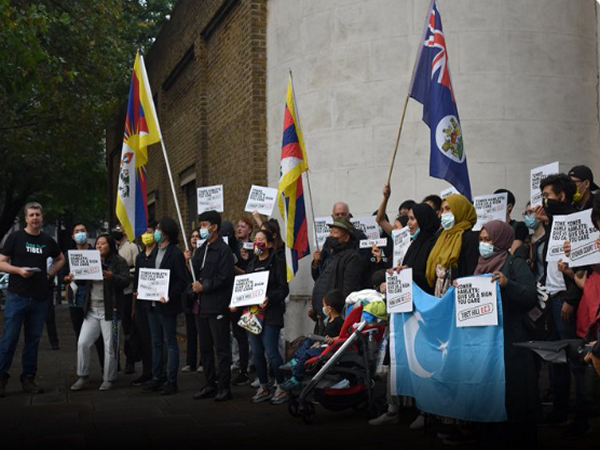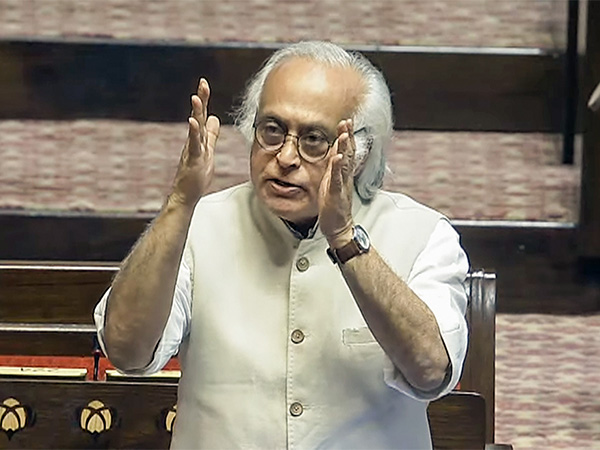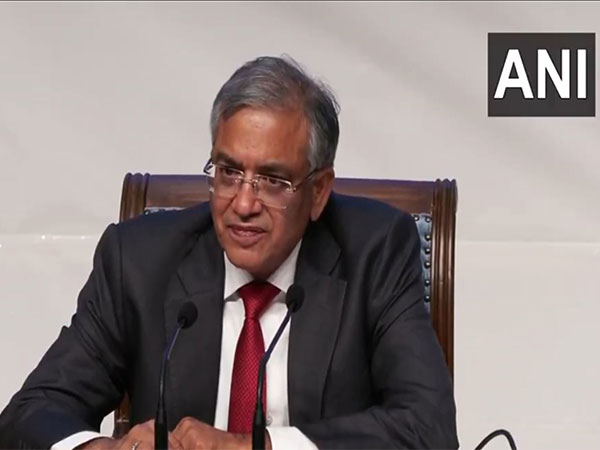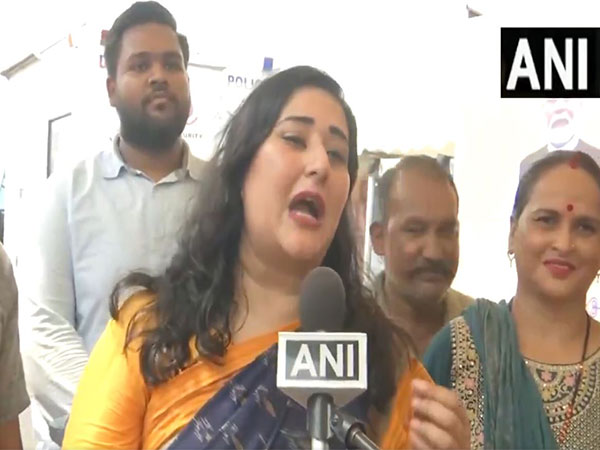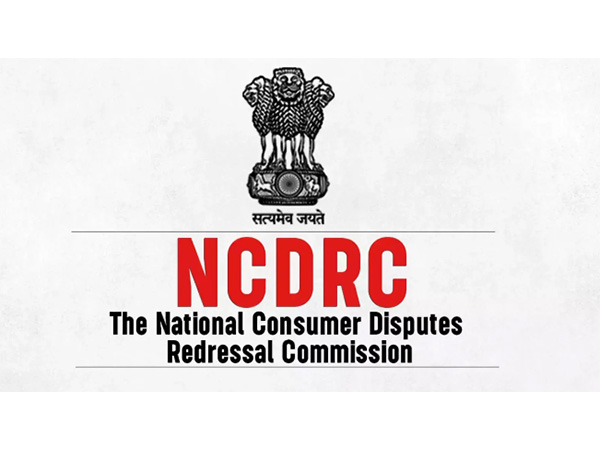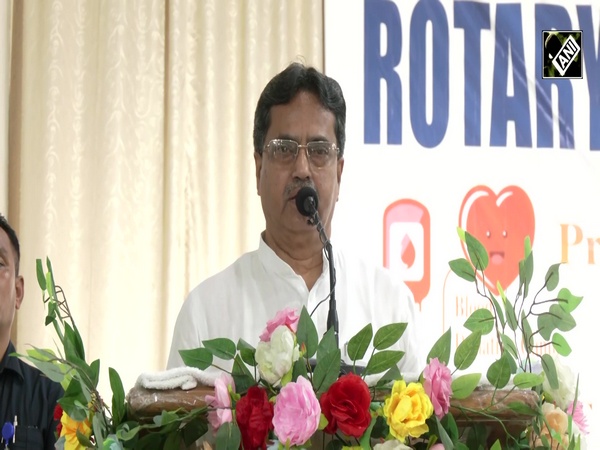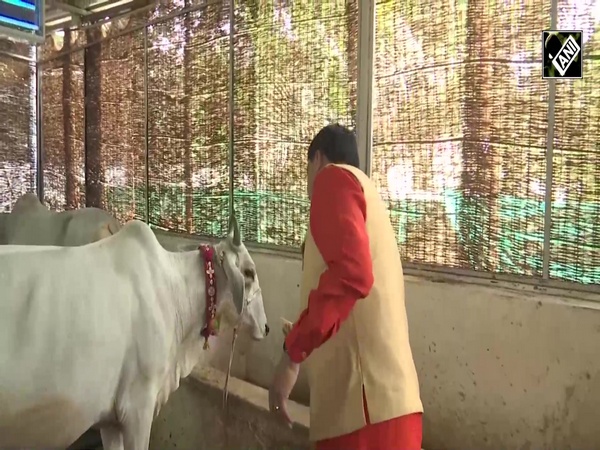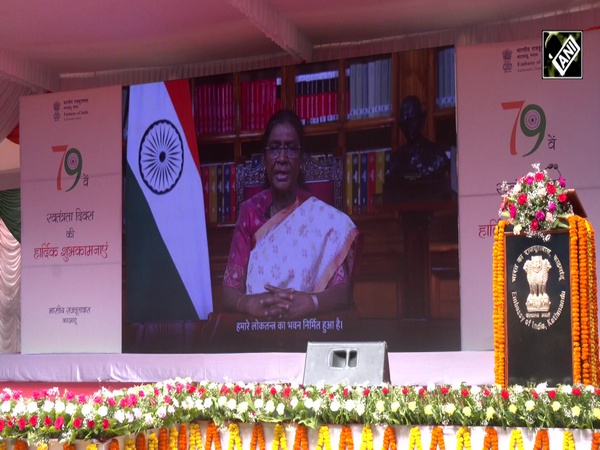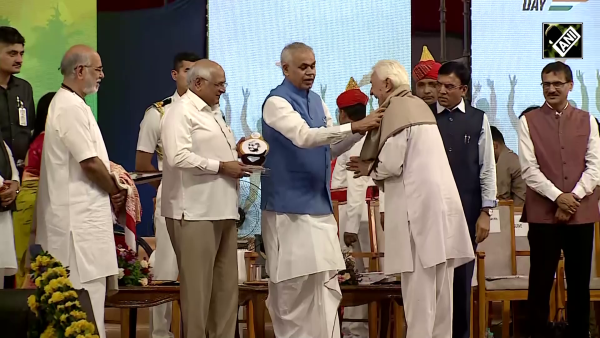Pakistan: Foreign oil companies extracting billions of rupees, says retired Justice Wajihuddin Ahmed
Jan 25, 2022

Islamabad [Pakistan], January 25 : The Chairman of Pakistan Qaumi Ittehad retired Justice Wajihuddin Ahmed on Tuesday said that the oil refineries of the country are closed down while foreign companies are importing duty-free petrol and extracting billions of rupees.
The statement comes after a report surfaced that stated oil marketing companies (OMCs) are making huge profits through tax-free imports.
Around 15 OMCs are reported to have imported over 2.4 billion litres of petrol from China in two years earning a windfall of more than Rs 20 billion because of a special arrangement allowed under the China-Pakistan Free Trade Agreement (CPFTA), reported Dawn.
"Every day we are hearing a new revelation. Just a few days back there was a back-breaking increase in the import bill and 83 per cent of that was due to the import of petroleum products. While three of our five oil refineries are closed down for the last two weeks," said Ahmed.
In the CPFTA of 2006-2016, there was not any clause for the import of petrol from China without custom duty. But the present government completely exempted custom duty on petrol till 31 December 2024, reported Pakistan vernacular media, Dunya Daily.
"Within the last two years, the oil marketing companies have imported 2.4 billion litres of duty-free petrol from China and the foreign companies earned the 20 billion rupees profit," said Ahmed.
It is not clear yet as to how and why the petroleum imports were made part of the revised CPFTA in 2019 when China is a net importer of oil and these products were not in the original FTA (Free Trade Agreement) signed in 2006 and then revised in 2016. It is also strange that such a facility is not part of the FTA with Malaysia which is a major oil producer and exporter.
Under the country's import policy, petroleum products attract 10 pc customs duty on imports while an equivalent 10 pc deemed duty is applicable on local production of these products.
However, the CPFTA provides duty exemption to thousands of items in bilateral trade, including petroleum products that in some cases entail 0.25-0.5pc additional customs duty (ACD).
Interestingly, petroleum pricing at present is neither based on cost-plus formula nor on an individual OMC basis. Instead, prices are worked out by the Oil and Gas Regulatory Authority (Ogra) on the basis of rates published in Platt's Oilgram and the OMCs are free to import their products from sources of their choice and keep in view commercial viability, reported Dawn.
Under the CPFTA renegotiated in 2019, the government had issued statutory regulator orders on December 31, 2019, which abolished tariff on import of petrol. As such, there was no customs duty on the import of petrol from China with effect from January 1, 2020.
Normal petroleum imports from all other sources, mostly the Middle East, attract 10pc customs duty while similar deemed duty is applicable on production from local refineries, reported Dawn.
This results in a price saving of about 10 pc on petrol imports from China. However, this price differential is retained by the OMCs as windfall profit instead of its benefit reaching the exchequer or the consumers. Depending on the international petrol price published in Platt's Oilgram, the gap normally works out between Rs 9 and Rs 12 per litre.
Meanwhile, Pakistan's economy struggles under the combined burden of external and domestic debt, spiralling inflation, sharply depreciating Rupee, widening trade deficit, and other macro and micro-economic parameters.

